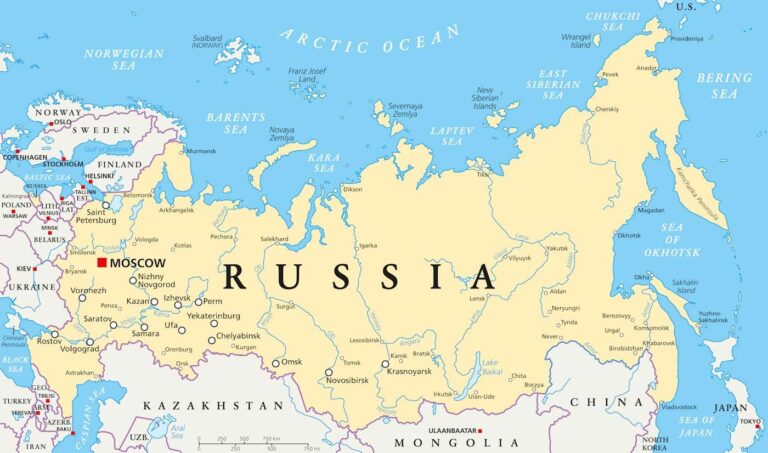As tensions between Russia and Western nations continue to dominate global headlines, concerns have emerged over the Kremlin’s influence in the rapidly evolving field of artificial intelligence. An Al Jazeera investigation probes allegations that Russia is strategically positioning itself to “groom” Western AI technologies, raising questions about cybersecurity, technological sovereignty, and the geopolitical stakes underlying the race for AI supremacy. This article examines the evidence behind these claims, exploring the broader implications for international relations and digital security in an increasingly interconnected world.
Russia’s Influence on Western AI Development Explored
Recent investigations have shed light on subtle yet significant attempts by Russian actors to influence the trajectory of artificial intelligence research and development across Western nations. These efforts appear to be multifaceted, ranging from injecting disinformation into open-source AI projects to exploiting collaborative academic platforms. Experts argue that such interference is designed not only to slow down progress in competing states but also to steer AI frameworks in directions that could be advantageous to Russian strategic interests. Collaboration networks, funding streams, and code repositories have all surfaced as vulnerable points of entry for these influence campaigns.
Analysts emphasize the importance of vigilance in safeguarding AI ecosystems, highlighting several key indicators of foreign interference:
- Unexplained contributions in popular open-source platforms
- Disproportionate funding in specific AI subfields aligned with geopolitical goals
- Deployment of misinformation to derail consensus on ethical AI standards
| Method | Target Area | Potential Impact |
|---|---|---|
| Code Injection | Open-source AI Libraries | Delayed innovation |
| Funding Diversion | Academic Research | Skewed priorities |
| Info Manipulation | AI Ethics Discussion | Confused policy-making |
Analyzing the Evidence Behind Allegations of Russian AI Grooming
Recent discussions around Russia’s involvement in nurturing Western artificial intelligence have sparked widespread debates but remain clouded by a lack of concrete evidence. Analysts suggest that much of the current narrative relies heavily on speculative interpretations of open-source collaborations and Russia’s active participation in international AI forums. While it’s true that Russian research institutions contribute to global AI advancements, experts caution against conflating cooperative scientific engagement with deliberate influence or “grooming.”
Breaking down the claims reveals several critical points to consider:
- Open Data Sharing: Russian AI initiatives often prioritize transparency and open data, mirroring global trends in research.
- Collaborative Networks: Many AI projects involve cross-border partnerships, making it difficult to attribute influence to any single nation.
- Strategic Investments: Russia does invest in AI, but so do many countries with no ulterior geopolitical motives.
- Information Warfare: Some sources argue the allegations might be amplified by misinformation campaigns aimed at sowing distrust.
| Aspect | Claim | Reality | |||||||||
|---|---|---|---|---|---|---|---|---|---|---|---|
| Research Collaboration | Means covert influence | Common scientific practice | |||||||||
| AI Development Pace | Russian acceleration via manipulation | Global competitive race | |||||||||
| Information Sources | Strategies for Safeguarding AI Innovation from Geopolitical Manipulation
| Strategy | Focus Area | Expected Impact |
|---|---|---|
| Data Provenance Audits | Transparency & Integrity | Eliminate hidden manipulation in training sets |
| International Ethical AI Alliance | Accountability & Standards | Unified response against state-led interference |
| Real-time Model Monitoring | |————————–|—————————|————————————————-| |




